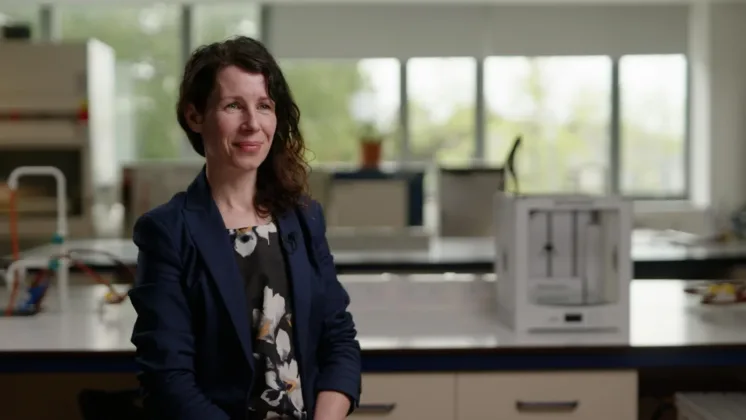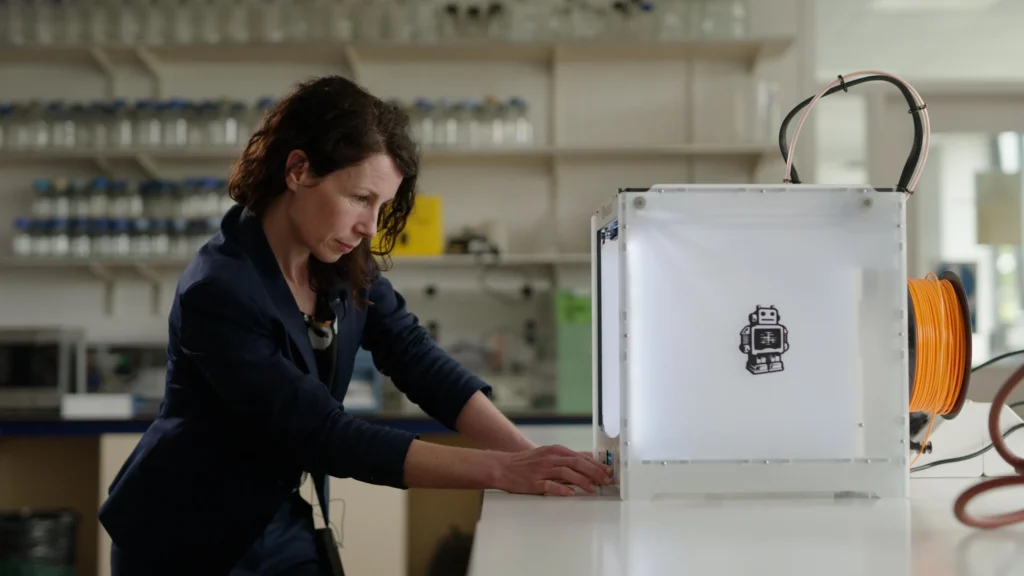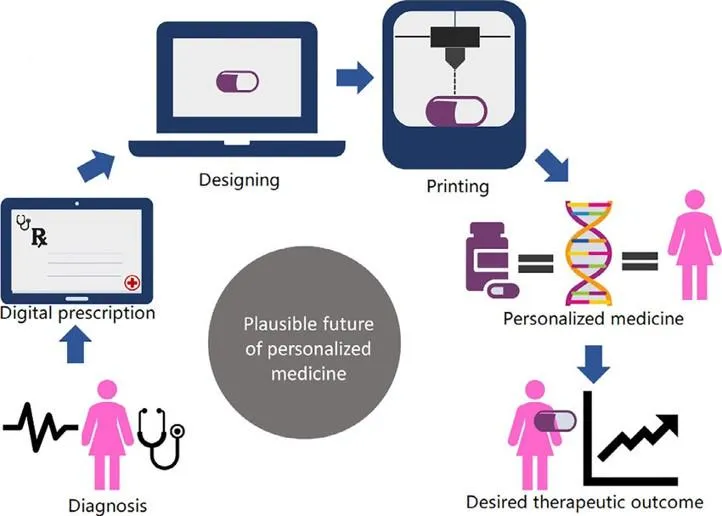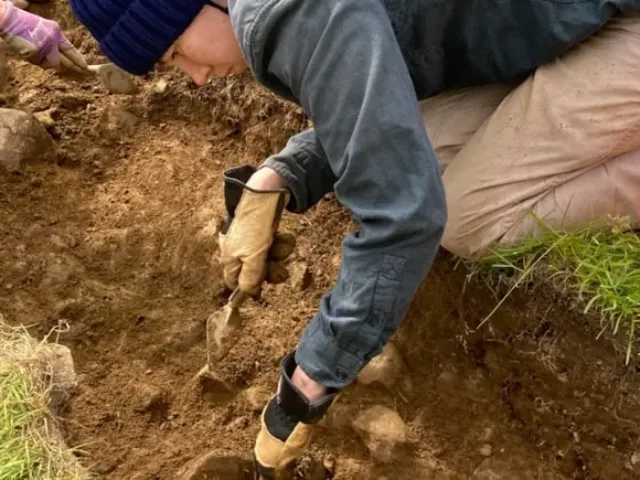View all Courses
ATU researcher set to revolutionise healthcare with 3D drug printing
The PROCEED 3D (Process Control for Extrusion-based 3D-printing of Personalised Medicine) project is co-led by Dr Marion McAfee, ATU’s senior lecturer and Dr Rabah Mouras and Prof Gavin Walker at the University of Limerick and funded by Science Foundation Ireland (SFI).

Atlantic Technological University (ATU) will co-lead a research project looking into how 3D printing can transform healthcare through personalised medicine.
The PROCEED 3D (Process Control for Extrusion-based 3D-printing of Personalised Medicine) project is co-led by Dr Marion McAfee, ATU’s senior lecturer and Dr Rabah Mouras and Prof Gavin Walker at the University of Limerick and funded by Science Foundation Ireland (SFI).
As the world’s population ages and the one-size-fits-all approach to medicine is often inadequate, 3D printing of personalised medicine could be a game-changer in tailoring healthcare solutions, particularly for the elderly population, as it offers a new level of precision and personalisation in treatment by including several drugs in a single tablet at customisable doses.
This approach improves treatment outcomes and empowers healthcare providers to create patient-centric solutions to enhance overall well-being.
One of the key benefits is for older people, says project lead Dr Marion McAfee:
“Personalised medicine is all about tailoring therapy to the individual patient’s specific needs, taking into account their age and gender and their body mass, and the fact that they might have multiple conditions that all need treatment. With 3D printing, we can print the pill and combine all the drugs that a patient needs in a single pill that they take once a day, making it safer and easier for them, instead of taking multiple different pills each day and trying to remember which pill to take and when which could result in several problems for the patient”.
She adds: “3D printing could be the key technology in such cases because it allows us to develop a pill or medical implant specific to that patient’s needs, available to them in their local pharmacy or hospital.”
The PROCEED 3D (Process Control for Extrusion-based 3D-printing of Personalised Medicine) project is funded by Science Foundation Ireland.
The total award is €923,297.67 for four years and aims to address the challenges in manufacturing next-generation 3D-printed personalised medicines, bioresorbable implants and drug delivery devices.
Ivana Hanjs
Digital Communications Officer
Ollscoil Teicneolaíochta an Atlantaigh (OTA), Éire
Atlantic Technological University (ATU), Ireland
Tel: +353 89 963 9559








